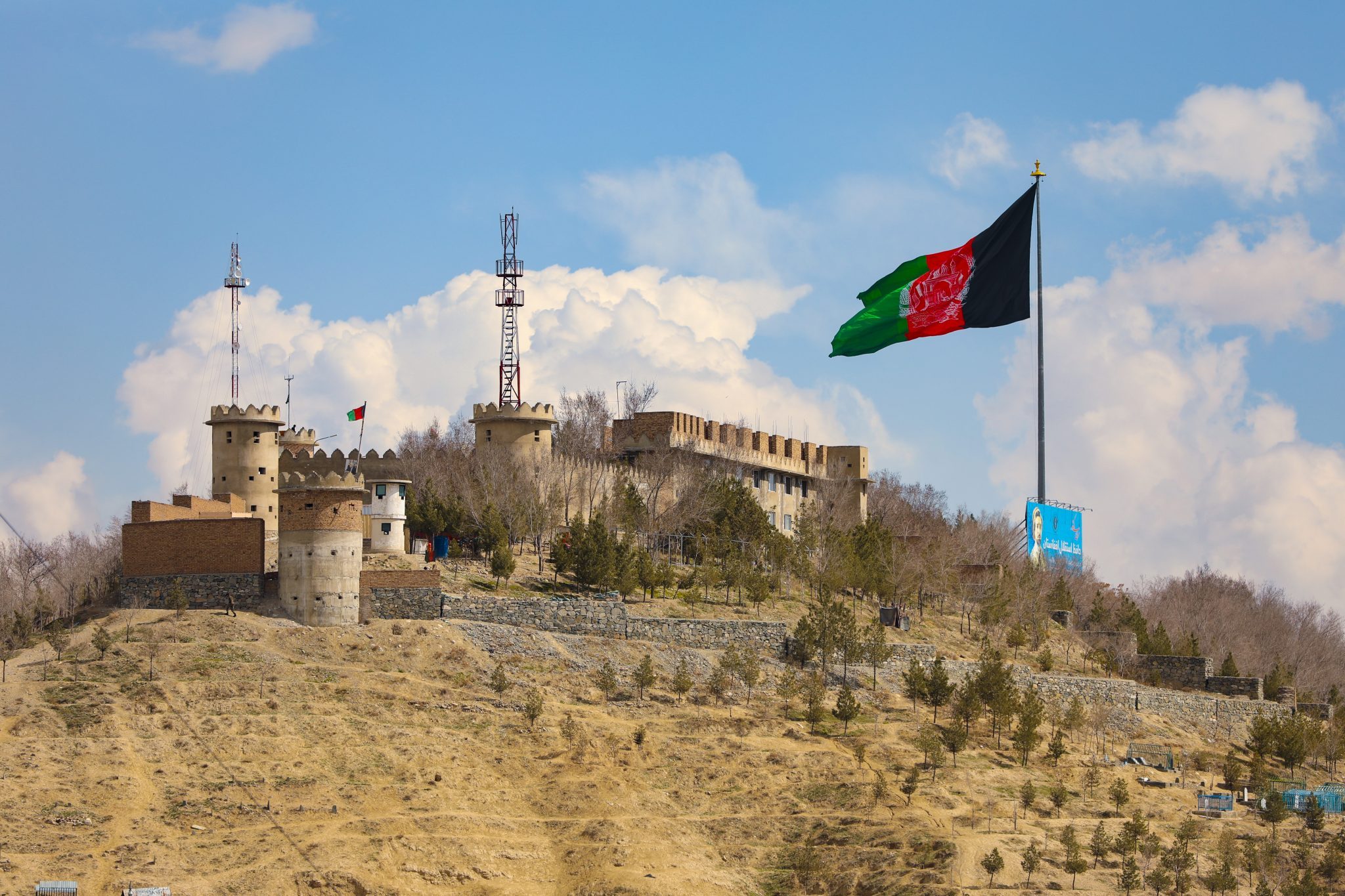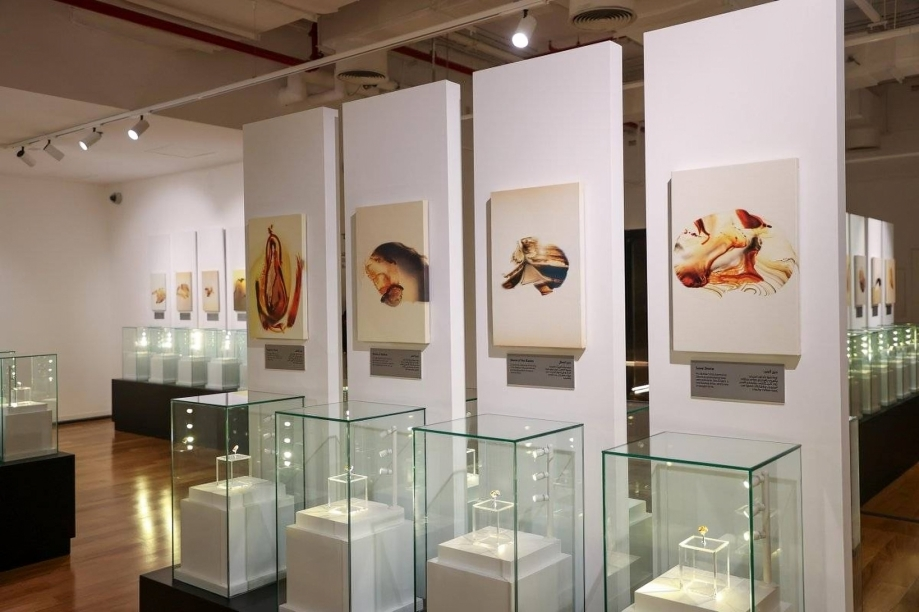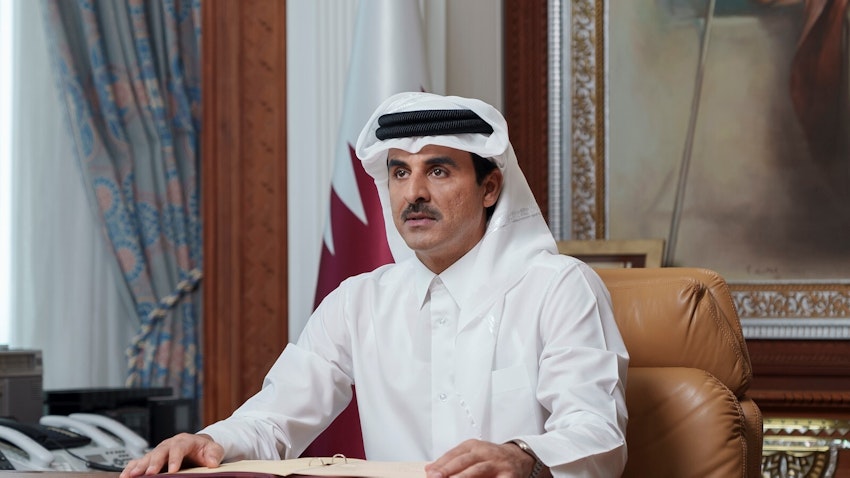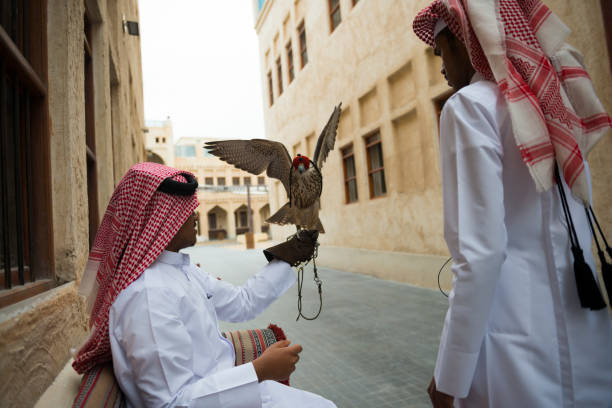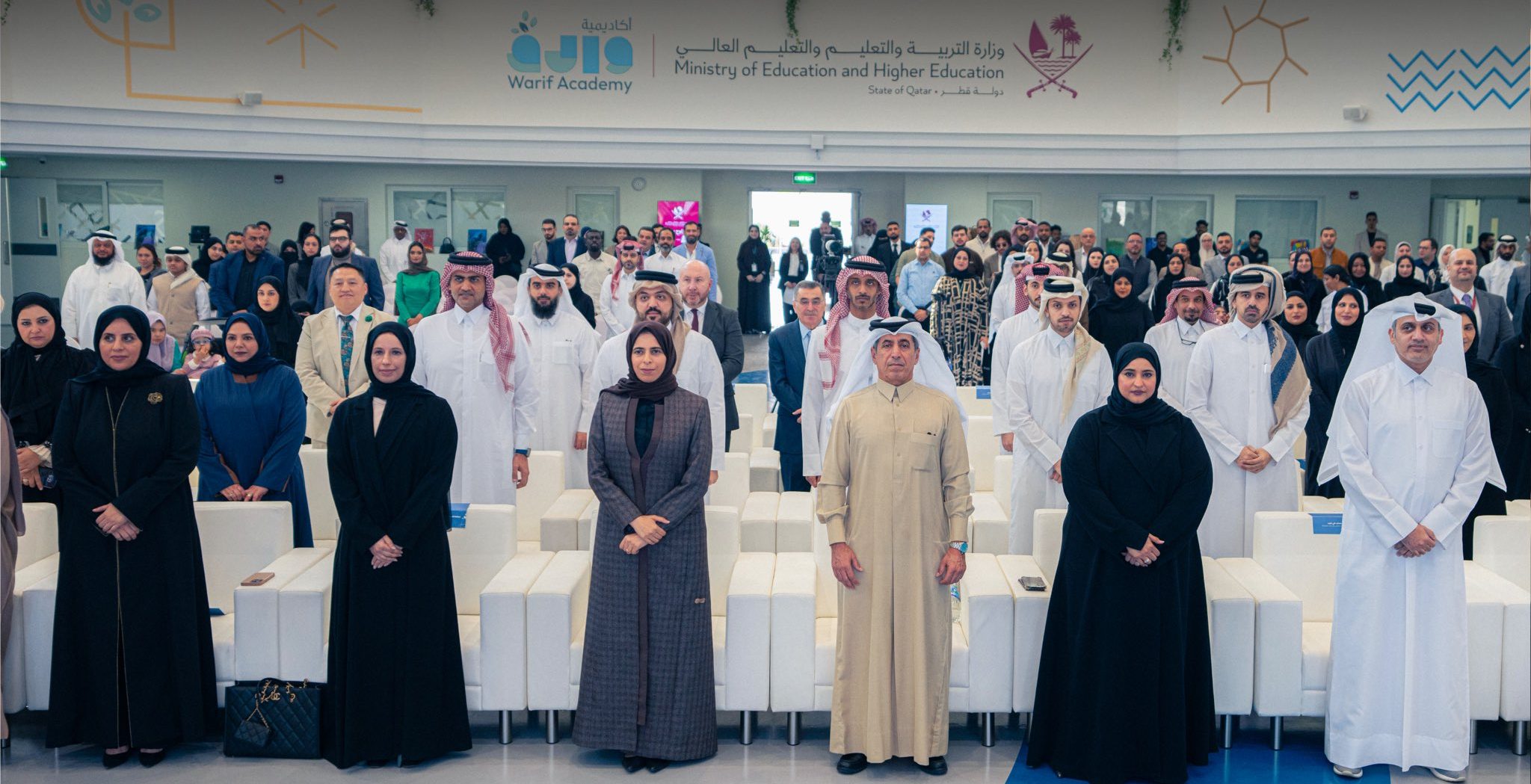The UN official insisted that the conditions of the Doha meeting were not dictated to the UN, and confirmed that no Afghan women would be present.
The United Nations’ top official in Afghanistan has defended the exclusion of Afghan women from the upcoming meeting in Qatar between the Taliban and representatives from 22 countries, stressing that women’s rights concerns will still be addressed during the discussions.
During a weekend press briefing, UN special envoy Roza Otunbayeva encountered intense questioning from journalists regarding the exclusion of Afghan women from the upcoming Doha meeting scheduled for June 30 and July 1.
Human rights organisations have expressed sharp criticism, highlighting the Taliban’s continued oppression of women and girls.
Since seizing control of Afghanistan in 2021 following the chaotic withdrawal of United States and NATO forces, the Taliban have not received official recognition as Afghanistan’s legitimate government from any country.
The UN has suggested that such recognition is unlikely as long as bans on female education and employment remain in place.
Tirana Hassan, the executive director of Human Rights Watch said that UN’s plans to hold a meeting without women’s rights on the agenda or Afghan women in the room was “shocking”.
Similarly, Amnesty International’s Secretary General Agnes Callamard warned that the credibility of the meeting would be “in tatters” if it fails to address the human rights crisis in Afghanistan and exclude women human rights defenders.
Otunbayeva insisted that the conditions of the Doha meeting were not dictated to the UN.
However, she confirmed that no Afghan women would be present.
The Doha meeting will be chaired by UN political chief Rosemary DiCarlo, with Otunbayeva and several female special envoys among the attendees. This gathering will mark the third UN-sponsored meeting on the Afghan crisis in Doha.
DiCarlo visited Afghanistan in May and extended an invitation to the Taliban Foreign Minister Amir Khan Muttaqi for the upcoming late June meeting.
The Taliban recently confirmed their attendance, although it is uncertain if Muttaqi himself will attend.
Before the Doha meeting, a hybrid meeting will take place with Afghan civil society representatives from within and outside the country.
Following that, on July 2, a meeting with all civil society participants is planned.
The Taliban were not invited to the first meeting, and did not attend the second meeting in February after they insisted on excluding Afghan civil society members and sought recognition as the legitimate rulers of the country.
Critical issues to be discussed
The Taliban’s interpretation of Islamic law has resulted in harsh restrictions for women, including barring girls from education beyond the age of 11, restricting their access to public spaces and many professions, and enforcing strict dress codes and male guardianship rules.
Otunbayeva stressed the urgent need for the Taliban to allow girls to return to school, noting that Afghanistan is the only country in the 57-nation Organisation of Islamic Cooperation that bans girls’ education.
She also pointed out that the meeting aims to address critical issues such as private business, banking, and counter-narcotics policy, which she noted, directly impact women.
“If there are, let’s say, five million addicted people in Afghanistan, more than 30 percent are women,” she said.
Otunbayeva expressed hope that the meeting would lead to the formation of working groups to aid farmers in transitioning from opium poppy cultivation, provide medications for addiction treatment, address crime, and improve banking and private business sectors.
Meanwhile, the UN anticipates that discussions will continue at a fourth Doha meeting later this year, focusing on the profound impact of climate change on Afghanistan.
With over 23.7 million people – about 50 percent of the population – requiring aid this year, the country faces an escalating humanitarian crisis exacerbated by climate change.

